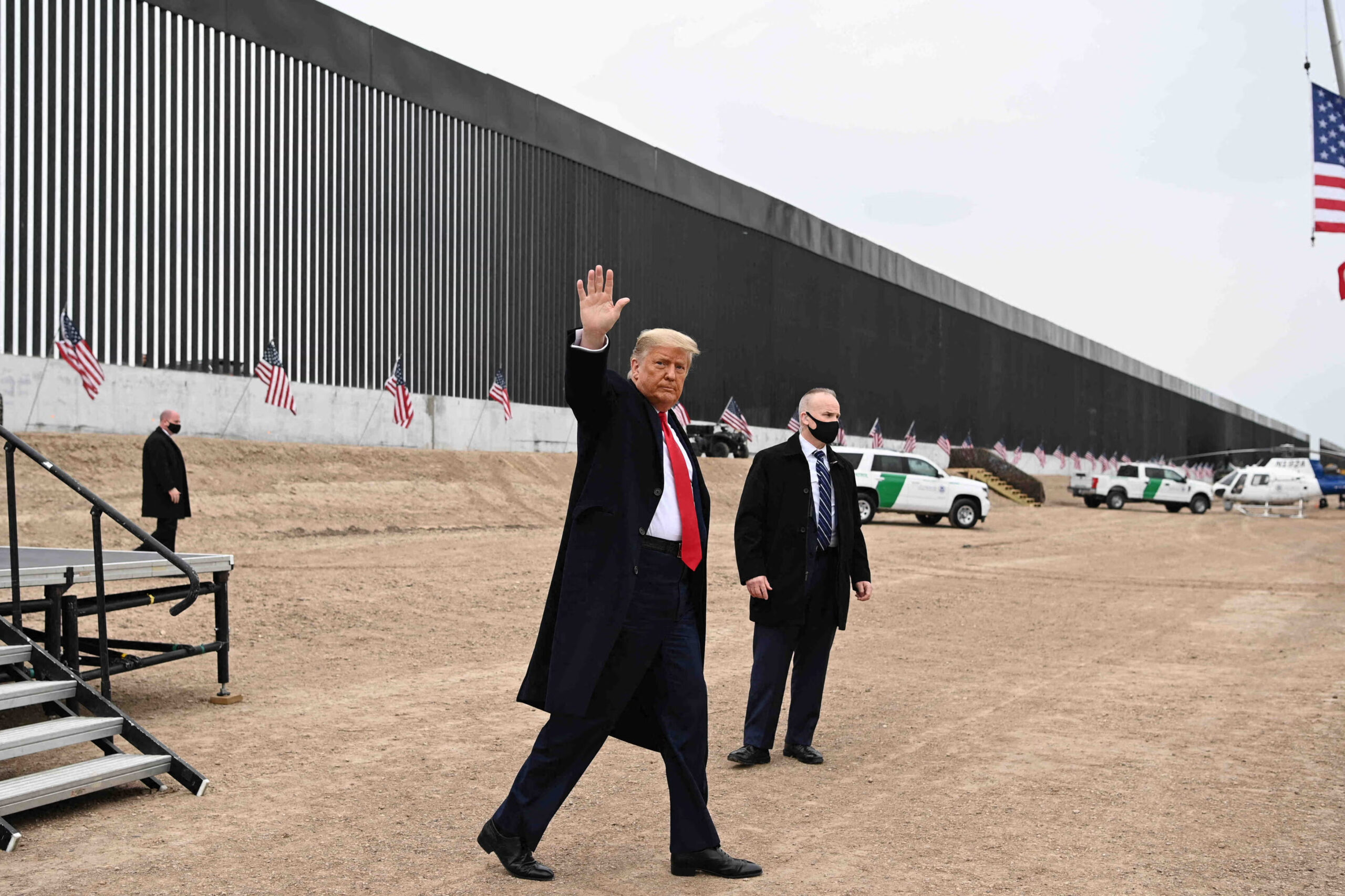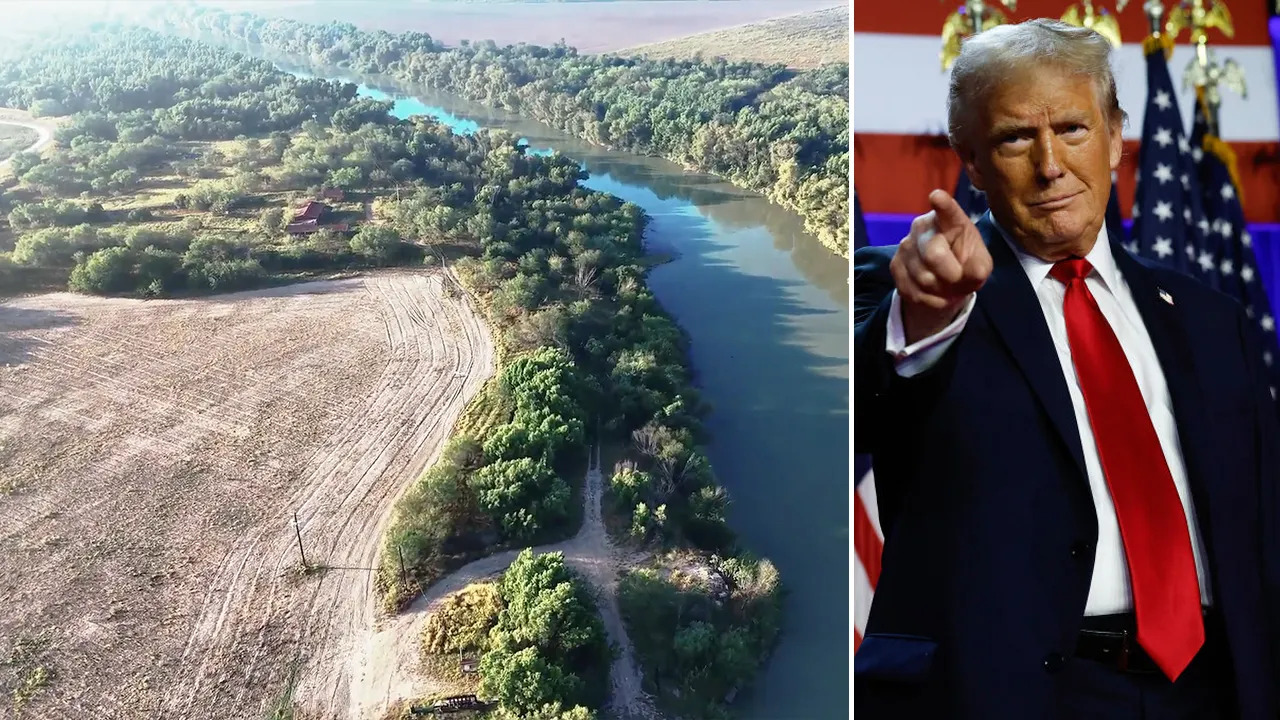Texas authorities have offered President-elect Donald Trump 1,400 acres of land along the US-Mexico border to build detention centers for undocumented migrants.
The Texas General Land Office sent a letter to Trump, suggesting the plot be used to process and detain migrants as part of a broader effort to deport “violent criminals.”
The land, described as flat and easy to build on, was previously owned by someone who opposed the construction of a border wall.
Now, Texas officials are offering it for building detention facilities as part of Trump’s proposed mass deportation strategy.

READ ALSO: Florida High School Football Coach Caught Watching Porn in Classroom
The Texas Land Commissioner, Dawn Buckingham, expressed strong support for Trump’s agenda, saying she is “100% on board” with deporting criminals.
Trump has consistently promised to deport millions of undocumented immigrants, and while his plan has garnered support from some states, it also faces significant opposition and legal challenges.
Democratic governors from California, Arizona, and New Mexico have stated they will not cooperate with the mass deportations.
Despite this, Republican-led states like Texas have been more supportive, with Texas launching its own border security operations in recent years.
Details about the type of detention facilities Trump would build remain unclear. Current facilities range from “soft-sided” camps to permanent brick-and-mortar buildings.
These centers are typically used for short-term detention, while ICE also relies on county jails across the country to house detainees.

READ ALSO: Man Sentenced to Life for Killing Girlfriend with Hammer and Dumping Body in Abandoned Park
The offer of land in Texas comes at a time when Democrats in various cities and states are pushing back against Trump’s immigration plans.
Los Angeles, for example, recently passed a “sanctuary city” ordinance, ensuring local resources will not be used to assist federal immigration authorities.
Experts warn that Trump’s immigration policies could create a “patchwork” of different protections for immigrants across the US, with red states more likely to cooperate, while blue states resist.















